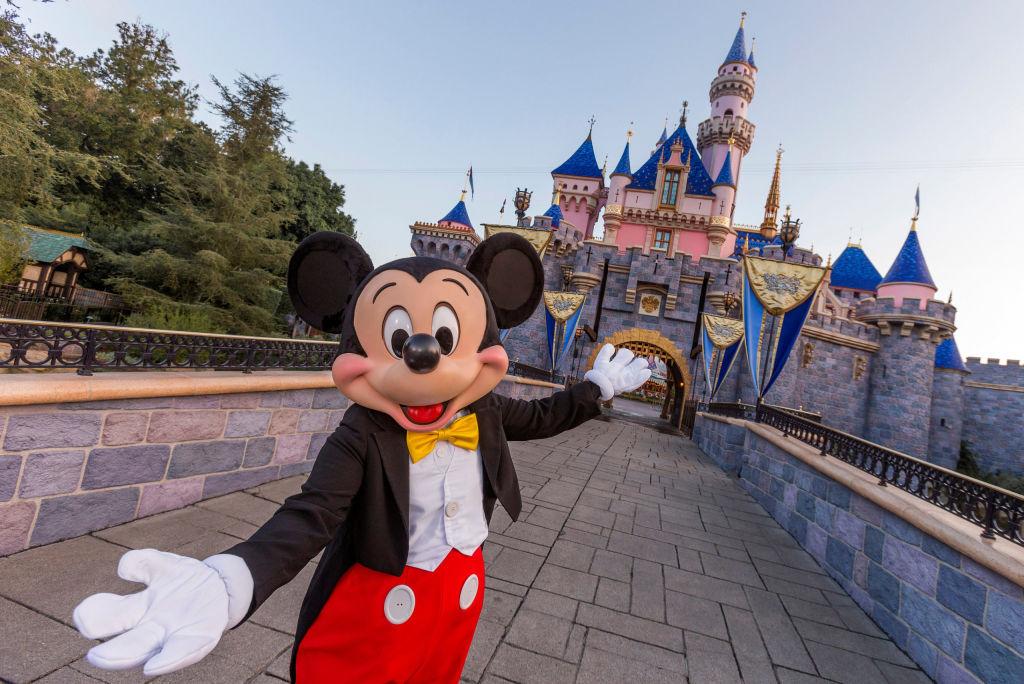Popular Disney characters Mickey and Minnie Mouse have become copyright-free this year, allowing people to use them for commercial purposes without requiring the company’s approval.
Beginning Jan. 1, 2024, the first version of Mickey and Minnie Mouse that was featured in the Walt Disney animated short film “Steamboat Willie” from 1928 entered public domain. Disney’s copyright of the characters has now ended. U.S. copyright laws allow a character to be copyrighted for 95 years. Since Steamboat Willie was released in 1928, the copyright for the short’s contents was only valid till the end of 2023.





